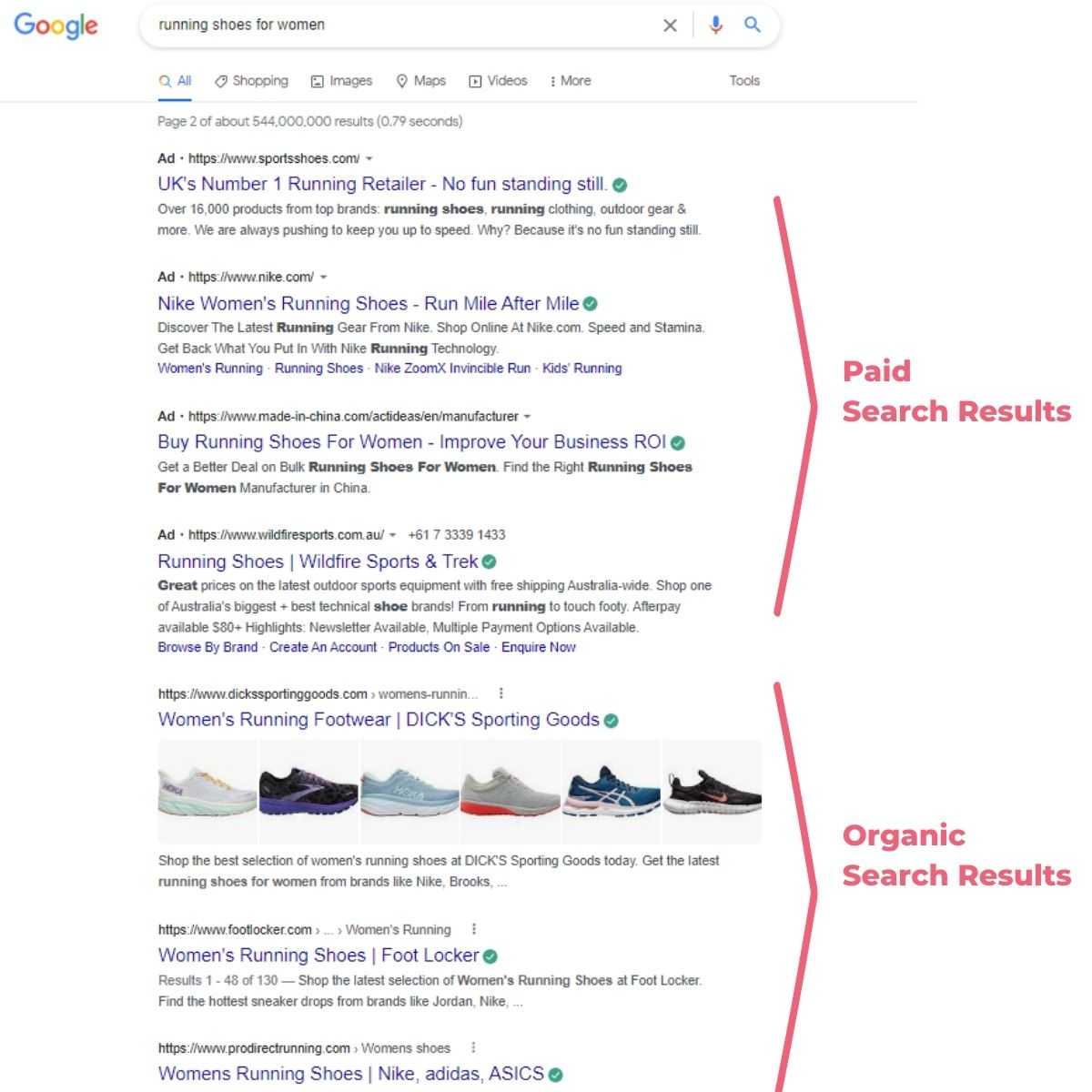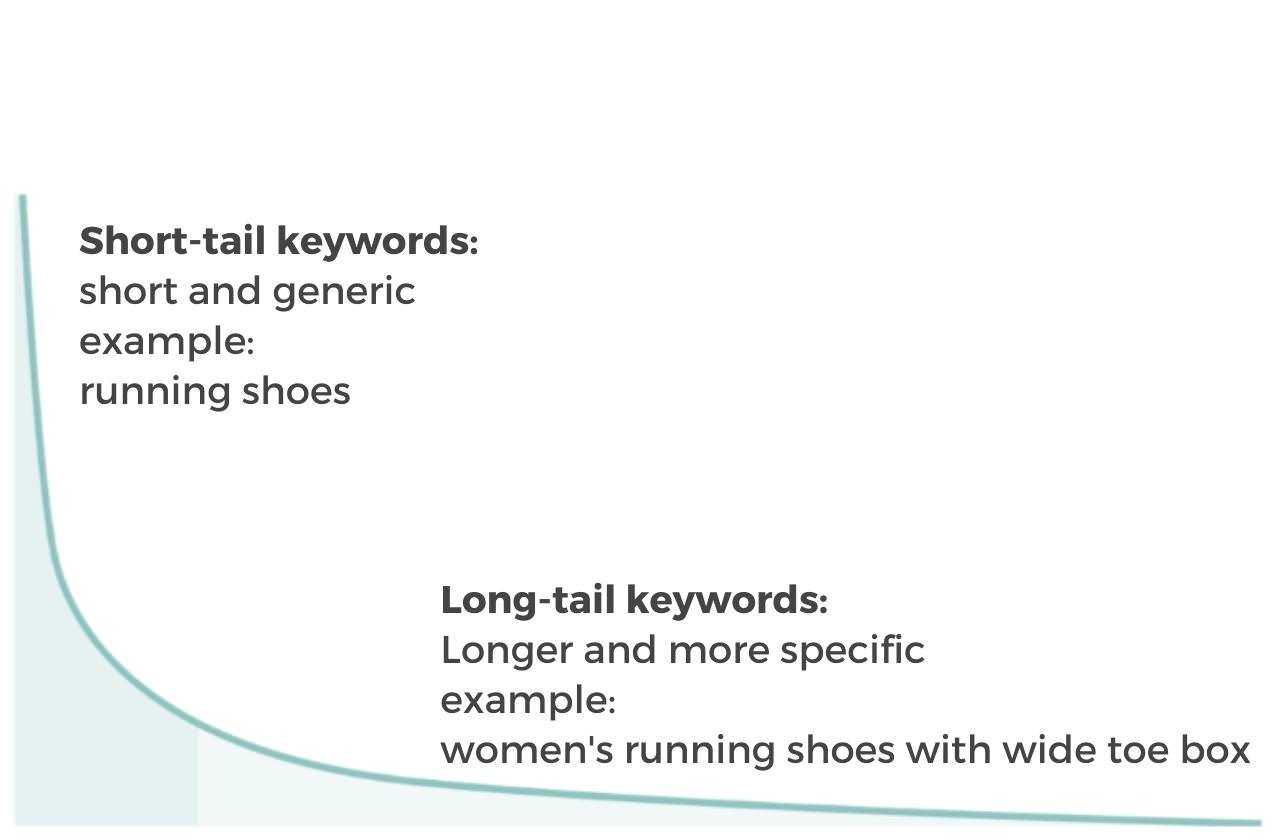This comprehensive guide is dedicated to explaining the rudiments of SEO for beginners so that you can understand the importance of the concept as a whole and know how it works.
In this guide, we will walk you through SEO fundamentals, highlight some best practices, and give tips on common mistakes to avoid. We’ll help you understand several factors, including how search engines crawl websites, the usage of keywords in website content, and the importance of backlinks.
What does SEO even mean?
Before we start talking about the technical parts of SEO, let’s define what the term means for this beginner’s guide. SEO is the abbreviated form of Search Engine Optimisation. It is most simply defined as the process of improving the quantity and quality of the website traffic for a website. In layman’s terms, it refers to the optimisation of a website or web page for search engines to generate or increase organic traffic.
Organic traffic, or non-paid traffic, means that people visit your website through search engine results without you paying for it. As for paid traffic, you are paying to have your website presented for people to visit, and this is mainly done through adverts. For example, if you run a Pay-Per-Click (PPC) advert with Google where you get charged each time someone accesses your website from the advert, then that is paid traffic. The primary difference between organic traffic and PPC is the payment involved with the latter.
What is a search engine, what are the most used search engines worldwide?
A search engine is a system or program that identifies items in its repository based on the inputted keywords or characters. In other words, it is a program that can perform a web search. Some of the most popular search engines used worldwide include Google, Yahoo, Bing and Yandex. These programs make it easy for users to search for almost anything and get related results. But how exactly do they work?
Search engines work by crawling web pages. They use internet bots called web crawlers or spiders to check the content of web pages based on the keywords provided and bring them up as search engine results. But before the results (SERPs) are displayed, the web pages are added into a data structure known as an index. This includes the URLs, the number of keywords discovered within the pages, the type of content on the pages (Schema), the freshness and previous user engagement. All these details determine how the search engine’s algorithm will rank the results. The objective of every search engine is to provide the most relevant results to the querier.
What are organic search results?
Simply put, organic search results refer to query results on a search engine that are solely calculated by the search engine’s algorithm without any paid advertisement. For example, assume you enter the phrase “running shoes for women” in the search box of a search engine. Any result that comes up and isn’t paid for through adverts is an organic search result.

In the same vein, organic traffic is traffic to a website, web page or any online platform that isn’t paid for
How does SEO work?
There are several vital factors of SEO that must be considered to achieve improved organic search results. Let’s define and discuss some of them below.
Keyword analysis
Keyword research is an integral part of SEO. A keyword, sometimes called a focus word, is a word or phrase that describes the content of your website. In layman’s terms, they are terms added to your web content to improve the chances of your website or pages being ranked for those terms. In other words, keyword analysis is simply the art and science of finding the right and best keywords that will organically bring searchers on search engines to your website.
Conducting keyword research involves several components. First, you start by making a list of different topics that are related to your brand. After that, you can expand upon those topics by listing all the words and phrases (including related ones) you believe your potential customers could use as part of their search queries.
Once you have a more comprehensive list, you can start analysing your keywords’ strengths to know the right ones to use for each search intent.
The right target keywords tell search engines what kind of information is on your web pages so it can be displayed to searchers who search the specific or related words.
Backlink building
Performing keyword analysis is only one part of how SEO works. Another essential factor to consider is backlink building. A backlink is simply a link from one website to another.
For example, if you see an anchor link when reading an article on your favourite news page, that is a backlink. You can think of a backlink as a vote of confidence. It’s like a web page saying it trusts another website and can vouch for it. This is pretty useful for search engines in indexing as it shows that the web page the link is pointing to has valuable content. In fact, backlinks can help increase domain authority, which also plays a vital role in seoability.
Generating backlinks isn’t a difficult process. You can use many techniques to build backlinks to your website. One such technique is the broken-link building method, where you find broken links on sites that share the same niche as your brand and recommend your web pages to the webmaster to replace the link. Another method is guest posting, which involves posting articles with links to your website or web pages on another website, preferably an authoritative one.
Content creation
You must pay attention to content creation to optimise your website and pages for search engines. But this is not putting just about any words or sentences together. Your content must be informative, valuable, optimised and well-structured. But first, you start with understanding the audience the content is meant for and your goal for writing it. Next, you infuse the right key keywords in the right places. The goal should be to make the content relatable and engaging so visitors can check it out and be satisfied enough to recommend it.
What is SEO content?
In simple terms, SEO content refers to content that has been optimised for search engines. So anytime you create content that helps your website or pages rank high on search engines like Google and Bing, that is SEO content. To write SEO content, you need to consider many factors.
The first thing you must do before you start writing SEO content is to come up with a topic to write about and create a plan or template for how you want it structured. Once you have a topic you are sure will be valuable to your audience, you need to turn it into a search-engine-frilendly title and include one or two primary keywords related to the topic.
After that, you can start writing according to your content plan. You must ensure you include the right short-tail and long-tail keywords in the right places to be successful.

One mistake some people make is to stuff keywords with the hope of getting them to hit high. Search engines’ algorithms are now smarter, and your content will likely be discarded if you stuff keywords into it. It’s also a good idea to consider whether you are going for short-form or long-form SEO content.
SEO statistics
According to online sources, almost 30% of all online traffic is generated from online search. This figure shows how important SEO is for your website and web pages. Many people worldwide turn to search engines, particularly Google, to find information and locate companies and businesses offering a product or service they are interested in. So, imagine if your website is optimised and comes up on the first ranking page — it could turn out to fetch you massive revenue.
Another statistic that will likely blow your mind is related to B2B. 71% of people who are involved in B2B purchasing start their research process with a generic search. This shows why you need to shift your focus to optimising your website for search engines.
SEO best practices for beginners
If you are considering SEO for your websites and web pages, there are some best practices you may want to have in mind. You can consider these 10 best practices a blueprint to help you quickly achieve your SEO goal:
- Use HTTPS instead of HTTP to show that your website is secure and encourage search engines to crawl it.
- Understand and match your audience’s search Intent. Focus on how they can learn from your brand and not just about buying from you.
- Use target keywords (including short-tail and long-tail keywords) correctly, and avoid stuffing them in your content.
- Conduct a page speed test and optimise your website to load faster.
- Use short and descriptive URLs as long URLs tend to intimidate searchers.
- Compress your images and add all necessary tags and descriptive filenames.
- Write compelling, and search engine-optimised meta titles and meta descriptions for different pages of your site.
- Write thorough content to make your article and website valuable to your audience, as explained in this SEO guide above.
- As much as possible, try getting backlinks from authoritative sources as this helps your seoability.
- Consider adding internal links within your website as this can also affect its PageRank.
SEO mistakes to avoid
As you try to follow the best SEO practices, avoid common mistakes that can be counterproductive and cause search engines to ignore your sites. Here are seven common SEO mistakes that some websites make that you should avoid:
- Stop generalising all your content if your products or services are local to a country or region. Instead, ensure you include location-specific pages for more local visibility.
- Having duplicate or too similar content on different pages of your site can indirectly affect your ranking. Fix this by running proper duplicate checks and ensuring your content is unique.
- Outdated content and information can make your website appear irrelevant. So, ensure you update web pages regularly to stay relevant for search engines.
- Overlooking mobile traffic can cause you to miss out on some important segments of your audience. Always make sure your website is mobile-optimised.
- Not providing awesome content is also a mistake to avoid. Make sure your content is grammatically correct and covers the topic you are trying to explain in depth.
- Faulty redirects and broken links can cause your SEO performance to drop. So look for and fix them on your site.
- Failing to invite people with the right metadata can also kill your SEO. Ensure your page title and meta description are SEO-optimised and follow the tips we’ve provided throughout this SEO guide.
